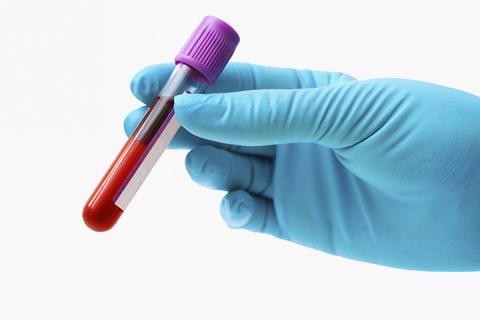Comprehensive application of Western medicine, Chinese medicine, natural medicine, large modern hospital
CH
Login/ Register
- oncological integrative treament center
- Respiratory Medicine
- Endocrine Department
- Nephrology (Kidney) Department
- Neurology
- Digestive Department
- Traditional Chinese Medicine Clinic
- Cardiology Department
- Psychiatry
Internal Medicine
- Gynecology
- Obstetrics
- Pediatrics
- Infertility
- Children's Health and Rehabilitation Clinic
Gynecology&Obstetrics &Pediatrics
- General Surgery
- Neurosurgery
- Orthopedics
- Urology Surgery
- Cardiothoracic Surgery
- Anorexic Department
- Dentistry
- Ophthalmology
- ENT (Ear, Nose and Throat)
- Dermatology
- Anesthesiology
Surgical Departments
- Health Checkup Center
- Natural Medicine Center
- Medical Ozone Therapy Center
- Preventive Medicine
- Acupuncture and Moxibustion Department
- Department of Dietetics
- Clinical Massage
- Hyperthermia Center
- Rehabilitation Department
- Emergency Center
- ICU
Featured Clinics
- Medical Imaging Department
- Ultrasonic Department
- Functional Testing Department
- Clinical Laboratory Center





